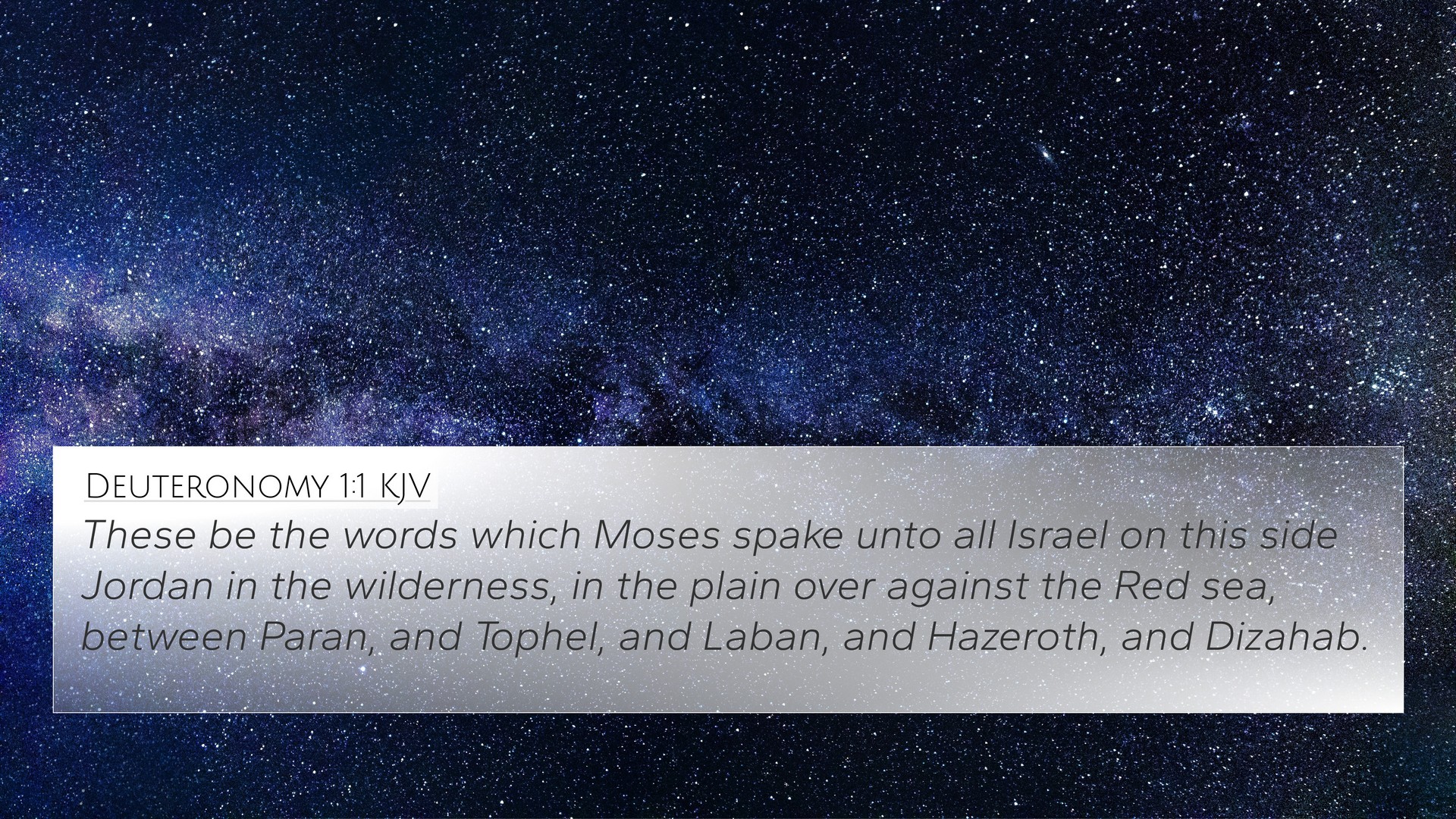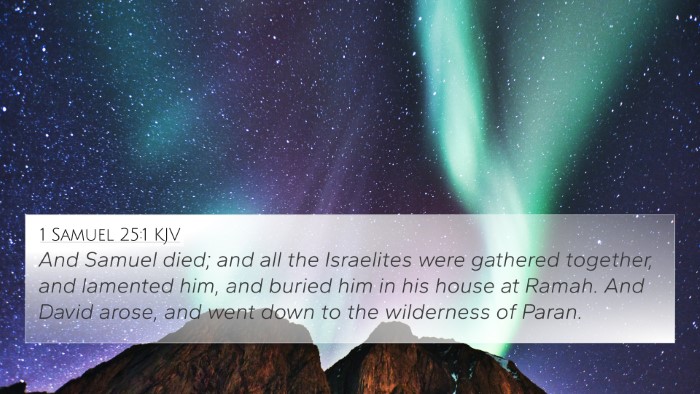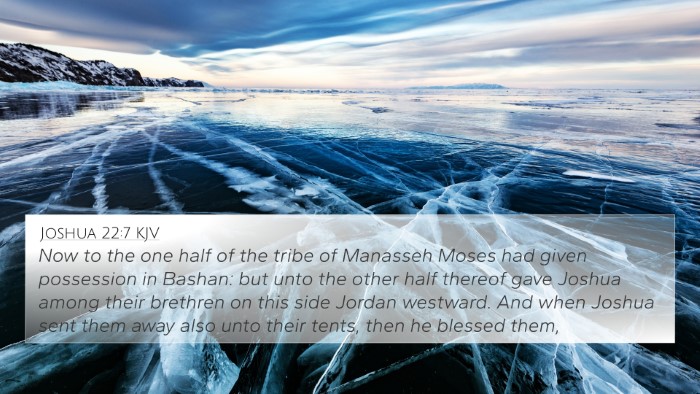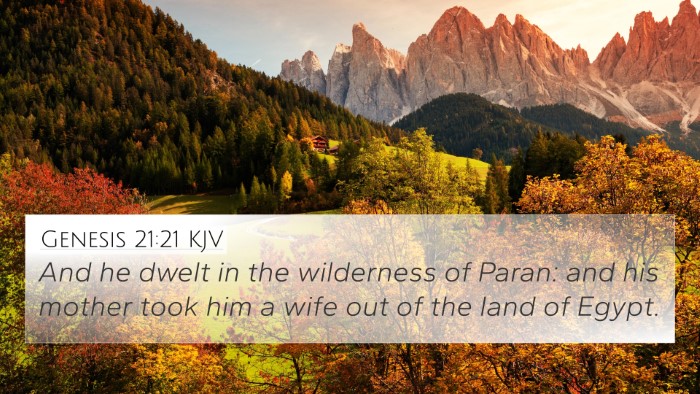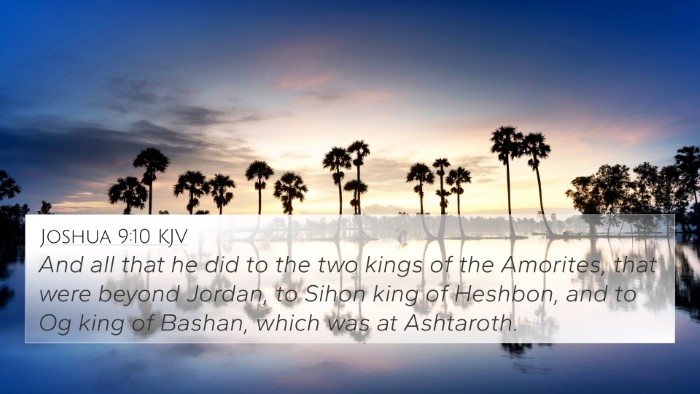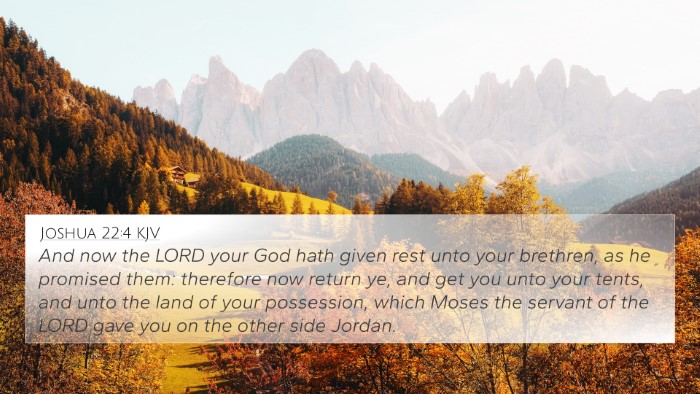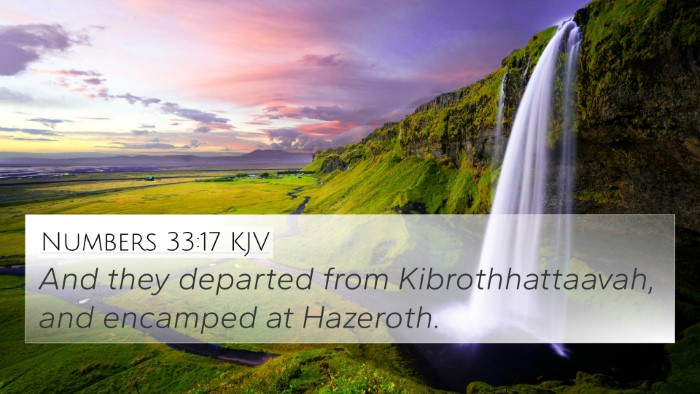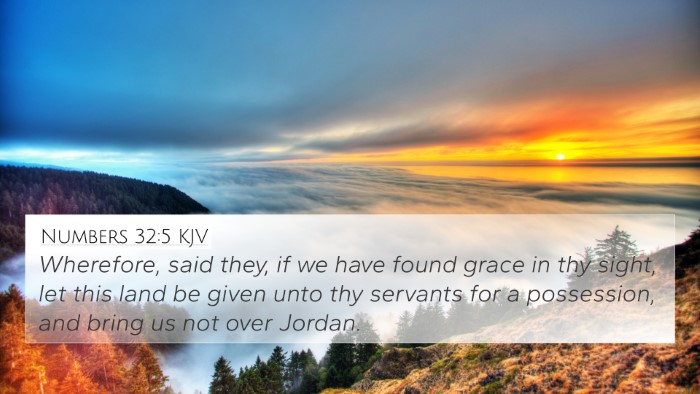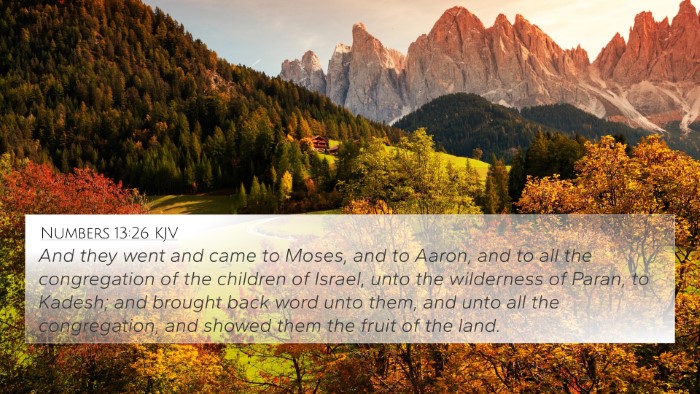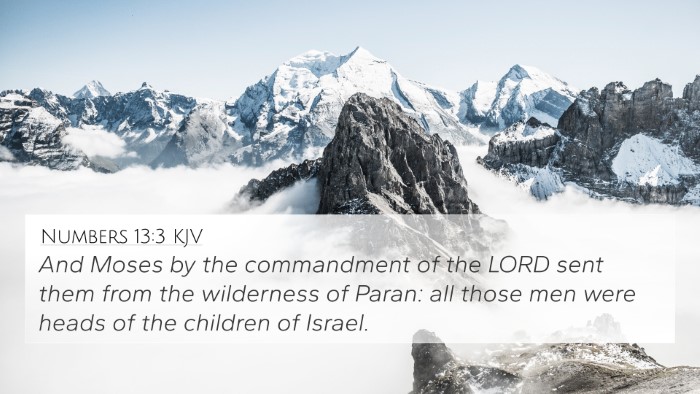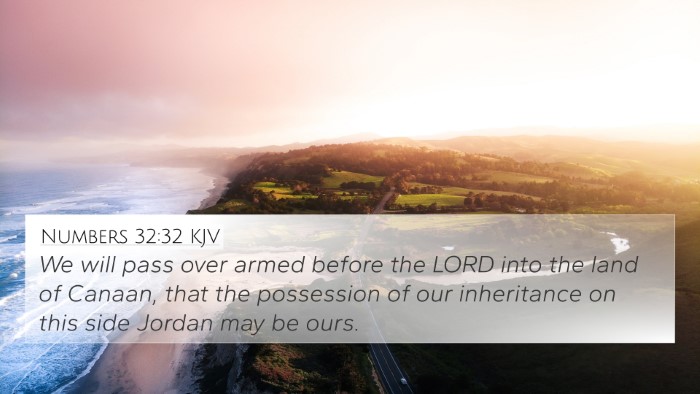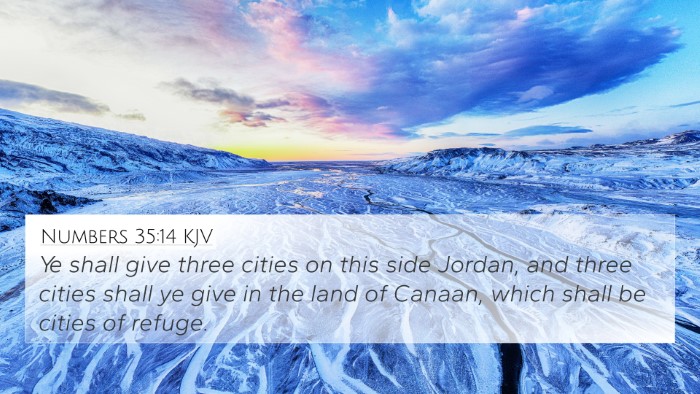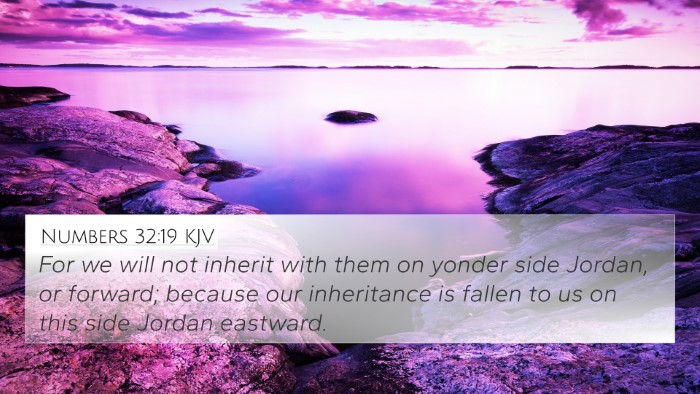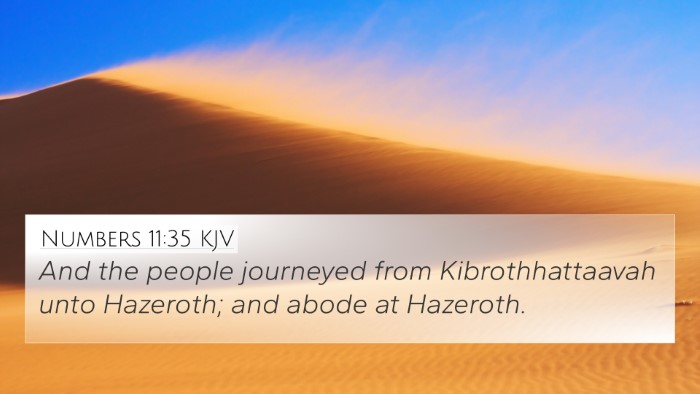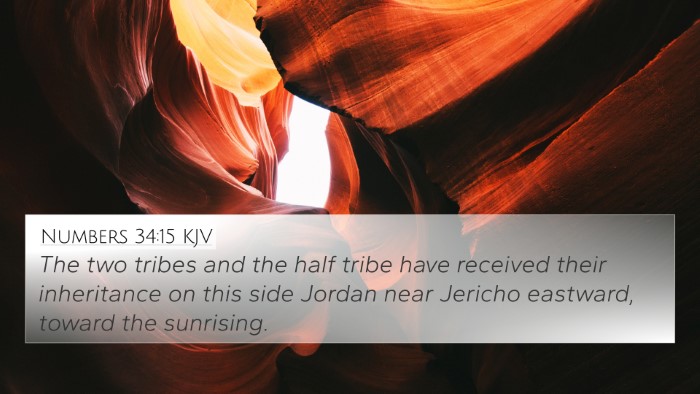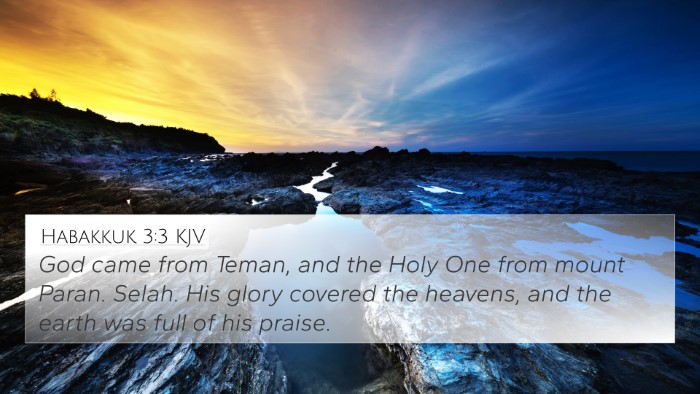Understanding Deuteronomy 1:1
Verse: Deuteronomy 1:1
Meaning: Deuteronomy 1:1 serves as an introduction to the book of Deuteronomy, wherein Moses addresses the Israelites. This context is vital as it frames the subsequent teachings, exhortations, and historical recountings that follow. The verse sets the stage for Israel's covenant with God and their journey through the wilderness.
Contextual Overview
The first verse of Deuteronomy succinctly notes the audience ("all Israel") and the geographical context ("beyond Jordan"). This indicates significant events leading up to their arrival at the Promised Land.
Commentary Insights
Matthew Henry's Commentary
Matthew Henry emphasizes that this opening serves to remind the Israelites of their history and failures during their wilderness journey. He highlights the importance of remembering past lessons, particularly how God's faithfulness should prompt believers to respond with obedience.
Albert Barnes' Notes
Albert Barnes notes the significance of the phrase "beyond the Jordan," indicating a pivotal moment as they are poised to enter the Promised Land. Barnes asserts that this geographical reference signifies both a physical and spiritual transition, where the Israelites are reminded of their covenantal responsibilities.
Adam Clarke's Commentary
Adam Clarke provides cultural context, explaining how Moses recounts the laws and decrees necessary for Israel's nationhood. Clarke's perspective emphasizes the prophetic element of Moses’ speech, connecting the first verse with God's long-term plan for His people.
Bible Verse Cross-References
- Exodus 19:5-6 - Discusses the covenant made with the children of Israel.
- Deuteronomy 5:1 - Moses gathers Israel to impart laws directly from God.
- Joshua 1:1-2 - The transition of leadership from Moses to Joshua, hinting at the promised land.
- Numbers 33:1-2 - Provides a retrospective of Israel's journey, underscoring the necessity of remembering past journeys.
- 1 Corinthians 10:1-4 - New Testament linkage emphasizing the spiritual lessons learned from Israel's exodus.
- Hebrews 3:16-4:1 - Warns against unbelief, drawing connections to the Israelites' journey and promises of God.
- Deuteronomy 6:1-3 - Emphasizes the need to observe commandments for future generations in the promised land.
Thematic Connections
This verse serves as an important connection point within biblical narratives that highlight themes of:
- Covenant Relationship: God's unyielding commitment to His people.
- Memory and Instruction: The need to remember God's teachings and their implications.
- Promise and Fulfillment: The journey from bondage to freedom underscores God's faithfulness.
- Leadership Transition: The importance of guiding the next generation in faithfulness.
Exploring Inter-Biblical Dialogue
Deuteronomy 1:1 not only serves as a stand-alone reference but weaves through the fabric of both the Old and New Testaments, providing rich opportunities for:
- Bible verse parallels, especially between the Law and aspects of grace.
- Comparative Bible verse analysis that highlights the continuity of God's message across scriptures.
- Connecting themes in the prophetic books with the apostolic teachings.
Tools for Bible Cross-Referencing
Utilizing a Bible concordance or a cross-reference guide can significantly enhance your study and understanding of such verses:
- How to find cross-references in the Bible: Familiarize yourself with index tools that connect verses.
- Identifying connections between Old and New Testament: Seek thematic or narrative parallels.
- Cross-reference Bible study: Utilize study Bibles with annotations for deeper insights.
Conclusion
Deuteronomy 1:1 offers profound insights into the ways in which God communicates His truth and calls His people into obedience. The connections formed through cross-referencing and thematic study can deepen the understanding of God's narrative throughout scripture.
